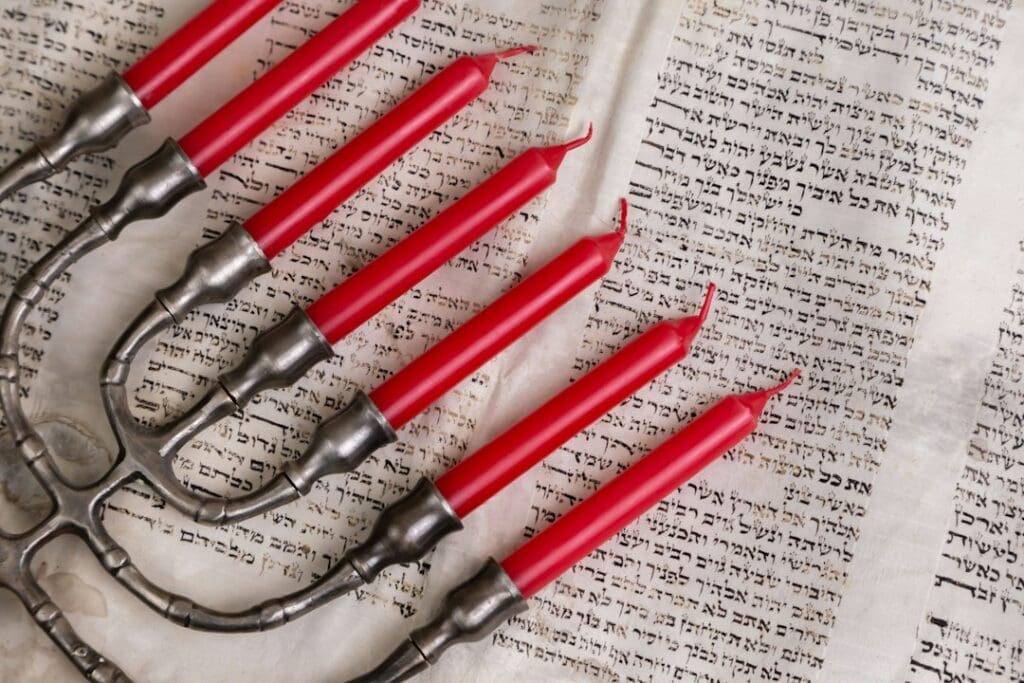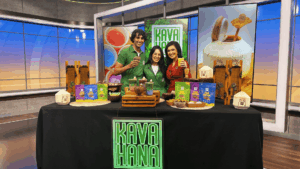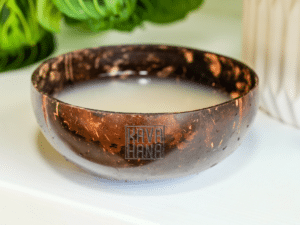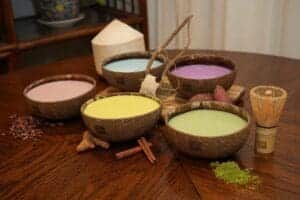As we get into the holiday season, we wanted to address a common question we get in the Jewish community: is kava kosher?
The word kosher means to be “pure” or “clean” and refers to food that has been ritually blessed. It is a part of the Jewish dietary laws or Kashrut, that is an important part of their religion and cultural history. Kosher is not a way of cooking, a common misunderstanding, but refers to a set of rules around eating certain foods. It’s so embedded in Jewish tradition that the principles of keeping food kosher are in the first five books of the Hebrew bible called the Torah. Keeping kosher is one of the commandments or a way to honor and obey God.
The kava root itself is a natural product and is considered kosher. However, its kosher status can be affected by the way it’s processed and any additives used. This is a big concern for more conventional store bought kava products like supplements and extracts as they tend to contain added ingredients (which may or may not be disclosed).
For a kava product to be kosher, all ingredients and processing aids must be kosher and free from non-kosher contamination. The facility where kava is processed should not process non-kosher items, or if it does, proper kashrut (kosher law) procedures must be followed to avoid cross-contamination.
For those who strictly adhere to kosher dietary laws, it’s important to look for a kosher certification on the product. This certification indicates that the product has been inspected and meets the standards of kosher law. There are a bunch of different kosher symbols all signifying something different. For instance, specifying dairy, meat or baked goods all have a slightly different symbol starting with a “k” surrounded by a circle, known as the OK sign. If you are looking for a specific type of kosher certification, it’s important to know what symbol to look for.
There are also variations to the extent that someone can be kosher. This often is connected to different Jewish communities. Some might be more lenient with natural products like kava, while others might require strict certification. For example, some may just eat kosher on major holidays, while more orthodox communities typically require all foods to be strictly kosher and have certifications to ensure the process.
So the question of is kava kosher is a little complicated. Here are the key takeaways:
If you are not following a strict kosher rule, the question of is kava kosher, is yes.
If you follow a stricter, more orthodox kosher rule, you will want to be sure that the kava your buying has the certified kosher symbol on it.
No matter which you choose, hope you enjoy it and have a lovely, and relaxing holiday season!







